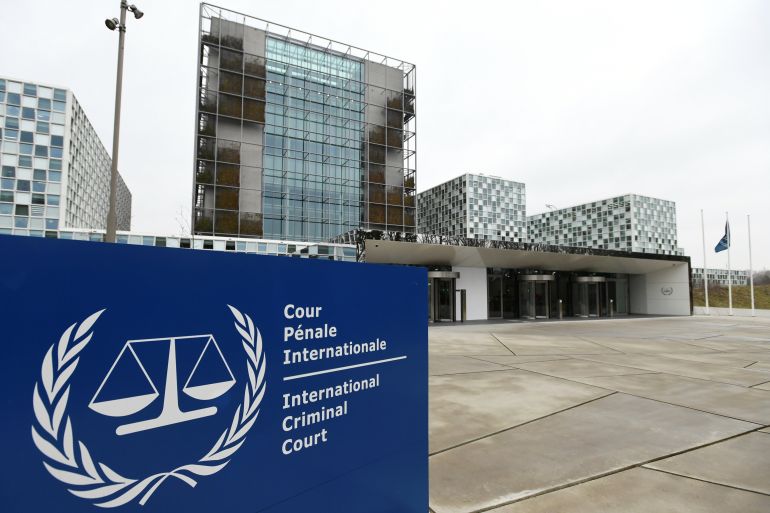ICC seeks answers after Italy frees Libyan war crimes suspect
The Italian government unexpectedly freed Osama Elmasry Njeem because of a legal technicality.

Published On 22 Jan 202522 Jan 2025
The International Criminal Court has demanded answers from Italy over why it freed a Libyan man suspected of crimes against humanity and war crimes, as well as murder, torture and rape.
Italy detained Osama Elmasry Njeem, also known as Osama Almasri Njeem, on Sunday in Turin after receiving a tip-off from The Hague-based ICC, which had issued an international arrest warrant against him.
Recommended Stories
list of 3 itemsend of list
However, the Italian government unexpectedly freed him on Tuesday because of a legal technicality. He was then flown on an official state aircraft to Tripoli.
Njeem is the head of the Tripoli branch of the Reform and Rehabilitation Institution, a notorious network of detention centres run by the government-backed Special Defence Force.
Njeem is believed to have been in charge of Tripoli’s Mitiga detention centre, and is wanted on charges including murder, rape and sexual violence and torture, committed since February 15, 2015.
The alleged crimes were committed against detainees because of their religion, perceived “immoral behaviour” or alleged support or affiliation to other armed groups, the ICC said.
Advertisement
The ICC, which has been investigating alleged serious crimes committed in Libya since the country’s 2011 civil war, said in a statement it had urged Italy to contact its staff if there were any problems with the arrest process.
However, it said Njeem had been let go without prior notice or consultation.
“The Court is seeking, and is yet to obtain, verification from the authorities on the steps reportedly taken,” the ICC said.
“The Court recalls the duty of all [member states] to cooperate fully with the Court in its investigations and prosecutions of crimes,” the ICC statement said.
Neither Prime Minister Giorgia Meloni’s office nor the Ministry of Justice has commented on the case.
Technicality
The Italian government released the warlord on a technicality, arguing there was a procedural error in his arrest.
The ruling by a Rome court that secured the release said Justice Minister Carlo Nordio should have been informed ahead of time, since the Justice Ministry handles all relations with the ICC.
The Italian government has close relations with the internationally recognised government in Tripoli.
Any trial in The Hague of Njeem would have brought unwanted attention to Italy’s migration policies and its support of the Libyan coast guard, which it has financed to prevent migrants from leaving.
“This is a stunning blow to victims, survivors and international justice and a missed opportunity to break the cycle of impunity in Libya,” said Amnesty International’s Esther Major, deputy director of research for Europe.
Advertisement
Despite Italy’s move, the European Commission spokesperson reaffirmed all 27 member states of the European Union are pledged to cooperate with the court.
“We respect the court’s impartiality and we are fully attached to international criminal justice to combat impunity,” said EU commission spokesperson Anouar El Anouni. In a 2023 summit, the EU leaders committed “to cooperate fully with the court, including rapid execution of any pending arrests,” he added.
